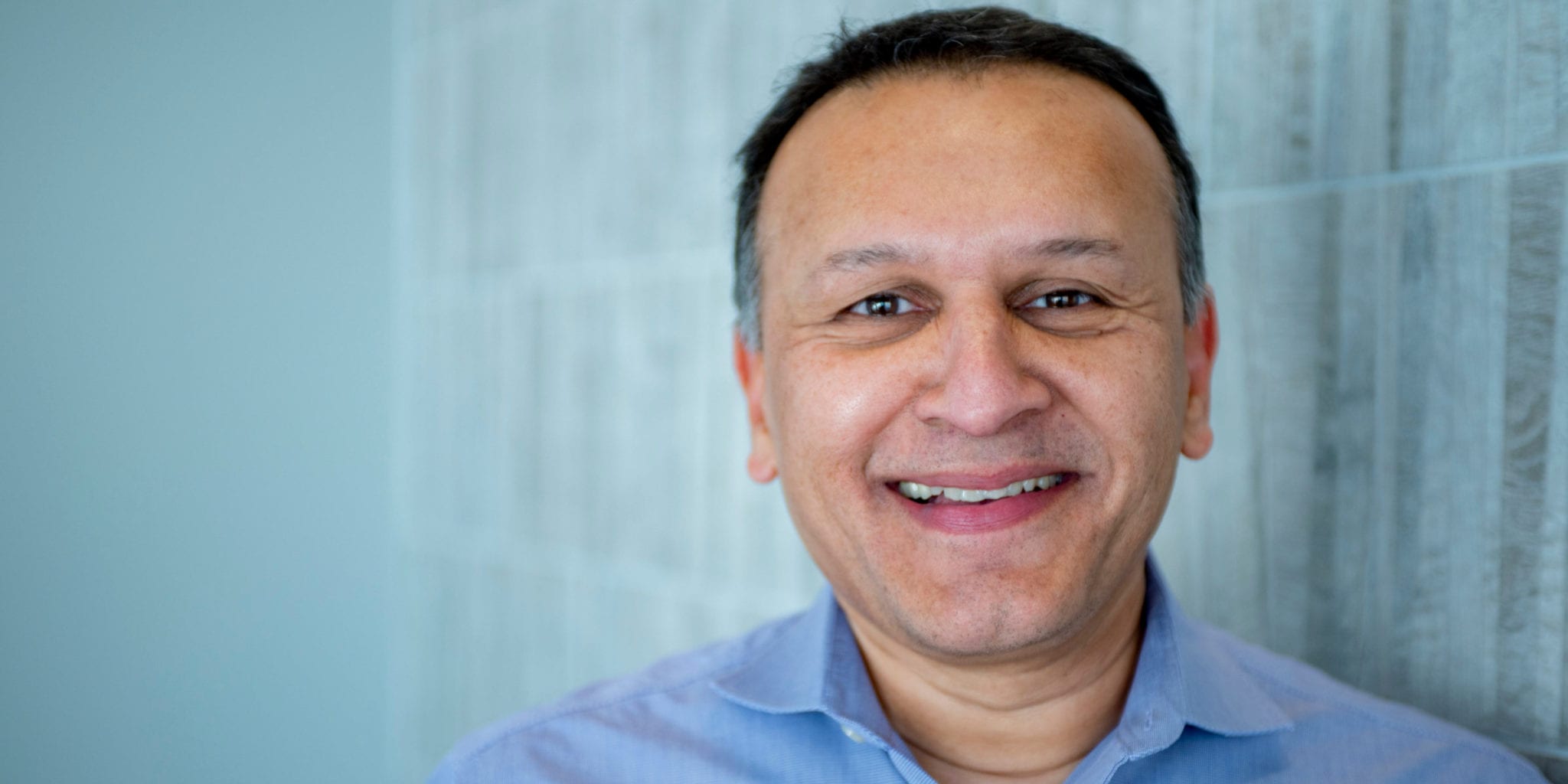
Romesh Subramanian births a new biotech with $50M and a plan to steer toward the clinic with drugs for rare muscle diseases
The Atlas Venture crew has never liked being splashy with money when it comes to startups. They like to get a good, lean team together with some seed money, find an experienced helmsman on the bench, gather a string of experts to lend advice and offer enough cash in the A round — usually with syndicate partners — to see if they’re really onto something with their lead drug.
Maybe, the Atlas team could even score a preclinical deal, like the one they did with Delinia. Because they are always on the lookout for a great X factor return for an investment. The higher the better. 10X will get a rousing cheer going in this group. A fast 10X-plus works even better. And if it looks like too long a path to pivotal data, they’ve been known to bow out as well.
Unlock this article instantly by becoming a free subscriber.
You’ll get access to free articles each month, plus you can customize what newsletters get delivered to your inbox each week, including breaking news.